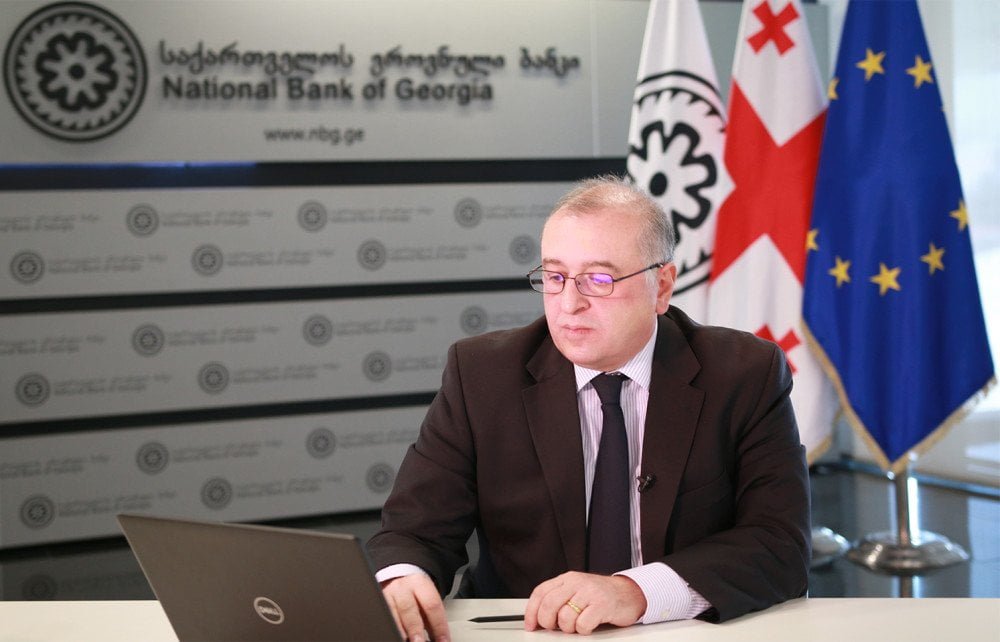National Bank of Georgia to Regulate Country’s Crypto Sector – In a recent interview, the National Bank of Georgia governor disclosed that it’s taking steps to control the cryptocurrency market. Financial institutions have already been barred from providing crypto-related services, despite the industry’s expectation of a licensing structure.
Georgia’s monetary authority intends to enact regulations governing operations in the country’s crypto area. The bank’s Governor, Koba Gvenetadze, told The Financial, a Georgian business news portal, that the financial authority has developed new legislation to do this.
The National Bank of Georgia has developed the necessary adjustments in compliance with the FATF’s (Financial Action Task Force on Money Laundering) standards, according to the top official.
The International Monetary Fund is also providing technical assistance to the bank in the construction of the regulatory framework, according to Gvenetadze.
He went on to say, as cited by the publication:
“At this time, licensing and registration, anti-money laundering measures, and compliance testing are among the suggested legislative measures for crypto market participants.”
While the laws for these entities are still being worked out, Georgian authorities have already taken steps to limit traditional financial institutions’ exposure to decentralized crypto assets. Gvenetadze said that they have been barred from conducting digital currency exchange and transfer services.
“Financial institutions should recognize individuals who engage in activities related to virtual assets as high-risk clients and subject them to appropriate additional precautionary measures,” the governor stated.
When asked for an estimate of the country’s current cryptocurrency turnover, the governor of the central bank stated that because the crypto sector is not yet regulated, Georgian authorities do not have recent and precise data on its size.
The monthly crypto exchange volume of transactions in Georgia was between 3.5 and 5 million Georgian lari (€1 to €1.5 million), according to a report released in September 2020 by Europe’s Committee of Experts on the Evaluation of Anti-Money Laundering Measures and the Financing of Terrorism (Moneyval).
Also Read: Bank of England Governor Says Crypto Creates Opportunity for the Downright Criminal
The regulatory drive comes after the NBG said in October of last year that it will issue a digital version of the national fiat currency as early as 2022. The central bank digital currency, which is based on blockchain, would be used to facilitate retail sales, according to the monetary policy regulator.




